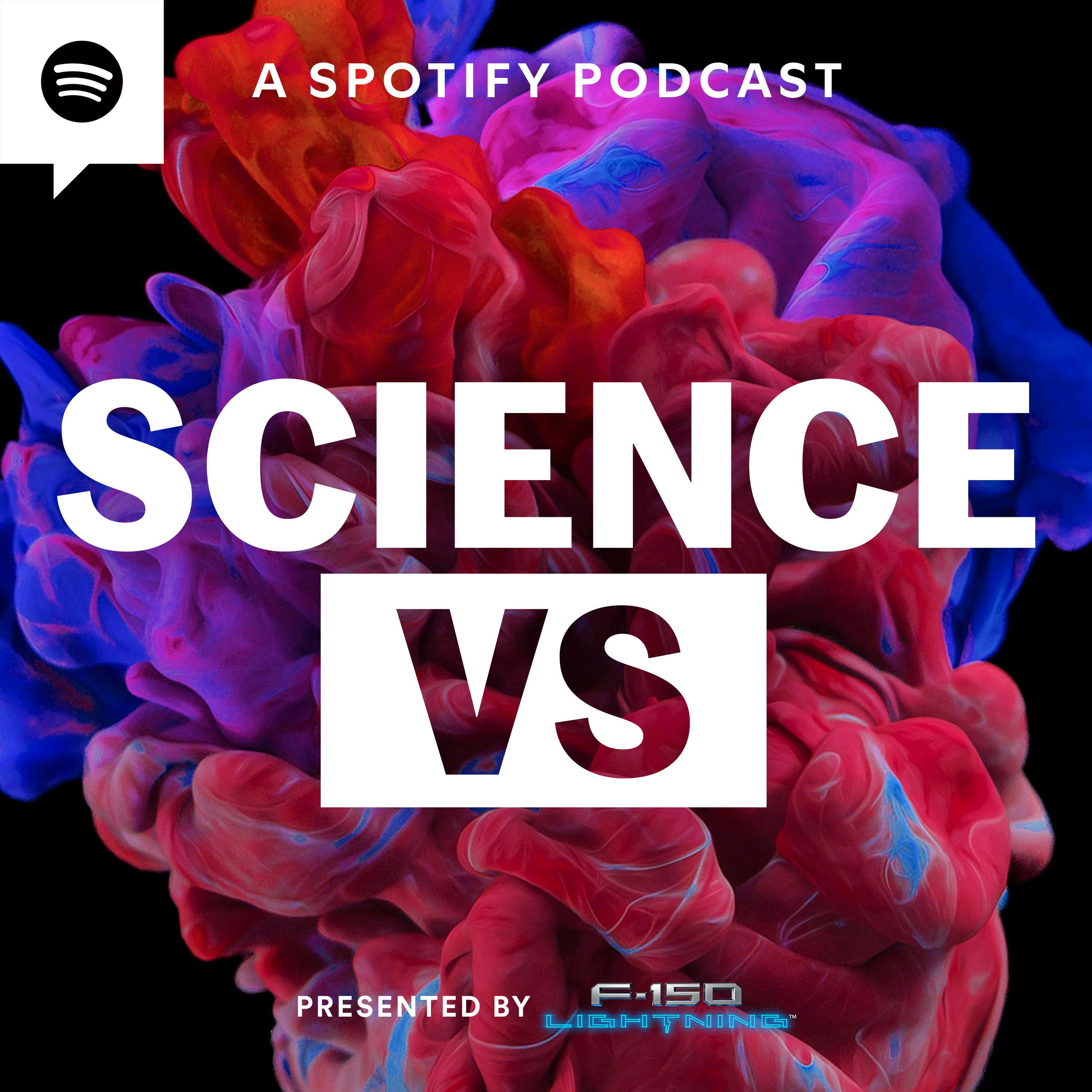
Deep Dive
Shownotes Transcript
The internet tells us that narcissists are everywhere — and that the problem is only getting worse. It’s like narcissism is oozing out of our celebrities, politicians, partners, parents, maybe even ourselves?? So today, we’re taking a long look in the mirror to find out: are we all a bunch of narcissists? And what should we do if we think someone in our life is a narcissist? We find out by talking to a real narcissist, Lee Hammock of the social media platform “The Self Aware Narcissist” as well as psychologists Prof. W. Keith Campbell, Prof. Kali Trzesniewski, and Dr. Craig Malkin.
We want to hear your ideas for new episodes of Science Vs! Tell us via:
Instagram at science_vs
X at @sciencevs
Bluesky at sciencevs
Email at [email protected])
Voicemail at +1(774) 481-1238
This episode does mention depression. Here are some crisis hotlines:
United States: US National Suicide Prevention Lifeline) Dial 988 (Online chat available); US Crisis Text Line) Text “HOME” to 741741
Australia: Lifeline) 13 11 14 (Online chat available)
Canada: Canadian Association for Suicide Prevention) (See link for phone numbers listed by province)
United Kingdom: Samaritans) 116 123 (UK and ROI)
Full list of international hotlines here )
Find our transcript here: https://bit.ly/ScienceVsNarcissism)
In this episode, we cover:
(00:00) Lee’s Ratatouille Moment
(07:06) The Narcissism Test
(15:53) Are We In a Narcissism Epidemic?
(25:41) It Kind of Sucks to be a Narcissist
(31:55) Narcissists in Therapy
(35:11) How to Deal With a Narcissist in Your Life
This episode was produced by Rose Rimler, with help from Wendy Zukerman, Michelle Dang, Meryl Horn, and Ekedi Fausther-Keeys. We’re edited by Blythe Terrell. Mix and sound design by Sam Bair. Fact checking by Erica Akiko Howard. Music written by Peter Leonard, Emma Munger, So Wylie, Bumi Hidaka, and Bobby Lord.Thanks to all the researchers we spoke to for this episode, including Dr. Igor Weinberg, Dr. April Ilkmen, Dr. Jennifer Gerlach, Dr. Betsy Edershile, Prof. Brad Bushman, Prof. Brent Donnellan, Prof. Chris Barry, Dr. Glenn Geher, and Winkie Ma. Special thanks to Rachel Humphries for editing help. And big thanks to everyone who helped us this season! Jack Weinstein, Hunter, Chris Suter, Oscar, Elise, Dylan, the Zukerman family and Joseph Lavelle Willson.
Science Vs is a Spotify Studios Original. Listen for free on Spotify or wherever you get your podcasts. Follow us and tap the bell for episode notifications.
Learn more about your ad choices. Visit podcastchoices.com/adchoices)